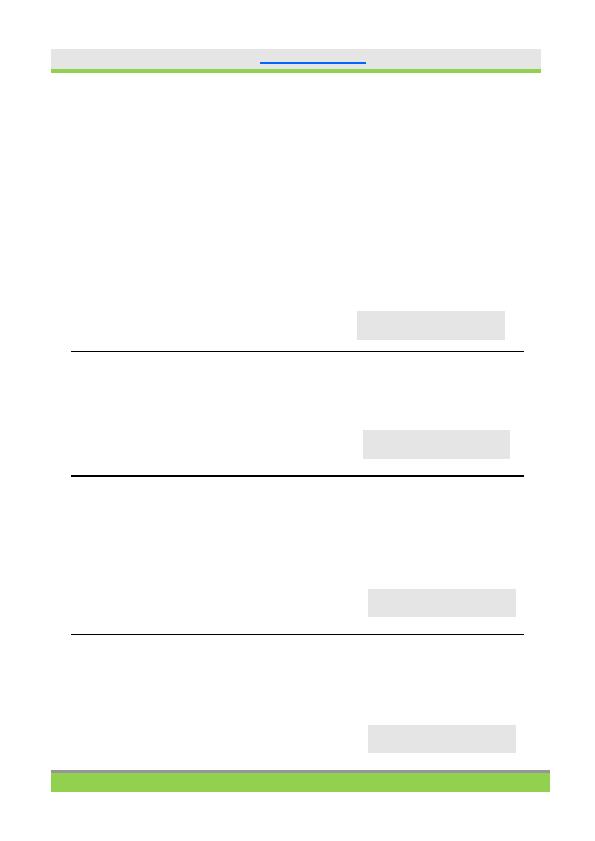
This multi-professional course was developed in response to awareness that many cardiac arrests,
intensive care unit admissions and hospital deaths might be preventable with better care.
The course is intended to teach health care staff how to anticipate, recognise and prevent critical
illness at an early stage, thereby preventing unnecessary cardiac arrests and improving quality of
care of those patients who may subsequently require admission to critical facility.
It uses a structured, prioritised system of patient assessment and management to assist doctors and
nurses to perform to a safe standard even when faced with unfamiliar clinical situations.
The course runs for one day and incorporates interactive seminars, practical demonstrations and
role play clinical scenarios during which participants will be encouraged to reflect on their actions
and consider the question "What do I do next?".
This course trains staff to use an Automated External Defibrillator (AED). The Institute runs initial
2-hour courses as stand-alone sessions, and yearly refreshers as part of the Skills Refresher Days for
Clinical Staff or the Immediate Life Support course.
Staff attending AED initial courses should have completed Basic
Life Support (BLS) training within the last 12 months.
This training is delivered via an e-learning solution. It provides information and guidance on nurse
administration of Adrenaline (Epinephrine) in the Management
of Anaphylaxis. Contact the Institute for more information.
safely with an understanding of related anatomy. The practitioner will receive the appropriate
training in order to perform each procedure safely and successfully, whilst minimising physical and
psychological discomfort, and avoiding complications to the patient.